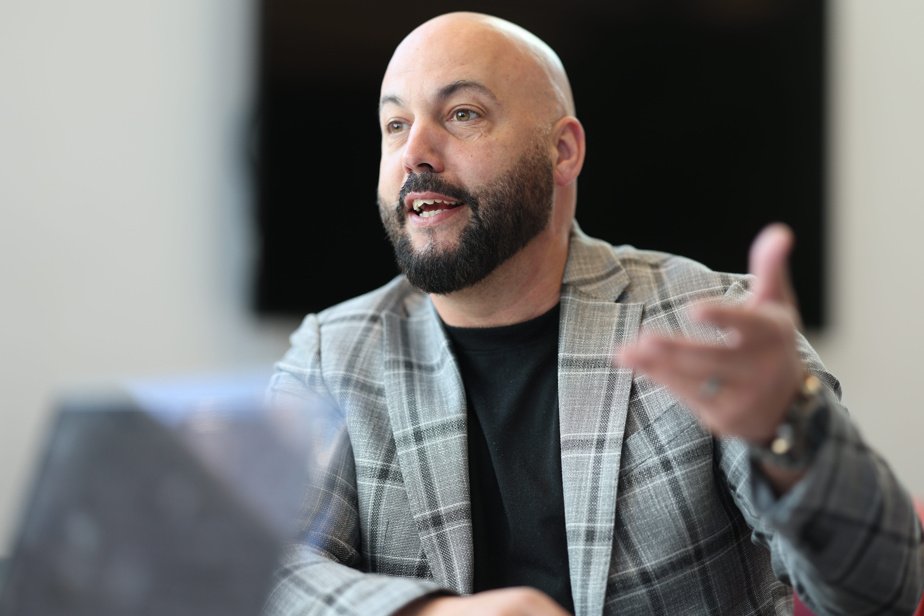(Montreal) As he will soon begin a second three-year term as president of the CSQ, Éric Gingras draws a positive assessment of the last public sector negotiations. And, good sport, he refuses to boast and blame the rival organization, the FAE, which has been roundly criticized recently for some of its decisions.
During an interview with La Presse Canadienne, in view of the central congress which will take place from June 26 to 29 in Quebec, Mr. Gingras focused on unionism and education, in particular.
The unions affiliated with the Autonomous Education Federation (FAE) all come from the CSQ, which they left over the years, citing different reasons.
However, the CSQ is far from having been damaged as was the FAE, whose members walked out for a month, without strike funds, to achieve a result similar to that of the CSQ, whose members did not walked out for only eight days, with the common inter-union front.
More recently, the FAE suffered a revolt from its members, unhappy with the fact that it is contesting the Law on State Secularism in court, using its members’ union dues, without having consulted them. on this controversial political issue.
“Yes, it’s true, they were with us (before, the FAE unions). But I’m not going to answer yes to the fact that we’re laughing in our beards. I think that the union movement is a movement that is important in Quebec. I can look at and reflect on what we do. And what we have demonstrated in Quebec, in recent months, recent years, is the leadership of the CSQ in education,” said Mr. Gingras.
Could the CSQ challenge a law in court without consulting its members?
“When a bill arrives, the CSQ will look at its historical positions, the positions it holds, adopted in congress, positions which were discussed democratically. After that, we make our brief (on a bill). On the other hand, if there is something that we are evaluating which is controversial or the decision or direction dates from too long ago, we will prefer to go back to see the members” before going any further, assures Mr. Gingras.
“It is not a proof of weakness, on the contrary, it is a proof of strength to listen to the members”, even if it means changing direction along the way, if necessary, pleads the president of the central 225,000 members.
The fact remains that, during the last negotiations, the CSQ did not have a central strike fund either, although some of its federations and affiliates had one.
“It is a congress orientation to have this reflection for the coming months. We’re going to do it in the short term, because we don’t want to drag it out too long. What the congress will decide on is the fact of holding this reflection,” clarified Mr. Gingras.
The CSQ congress will take place from June 26 to 29 and will bring together 1,000 participants.
Education has been in the news in recent months: shortened training for teachers, cell phones in class, violence at school, integration of students in difficulty, crowded classes, staff shortages, artificial intelligence and others.
“We think we’re due for some serious thinking. Not manage it on a small-scale basis, but put it in context: what do we want from school in Quebec? », concludes Mr. Gingras.
“I think that in the coming months, we will have to be able to have these discussions. Because when we do it in small pieces, as we are currently doing, in the end we resolve nothing and, very often, we blame the middle. »




